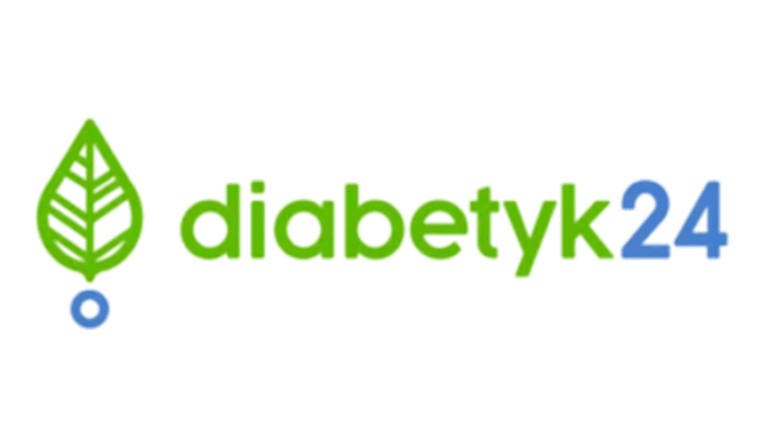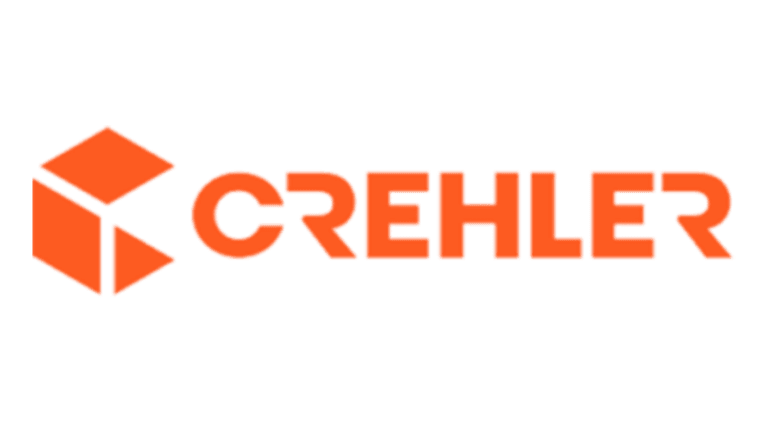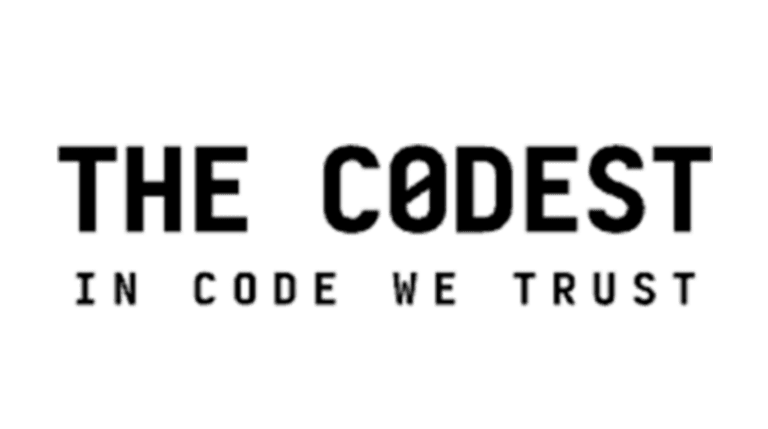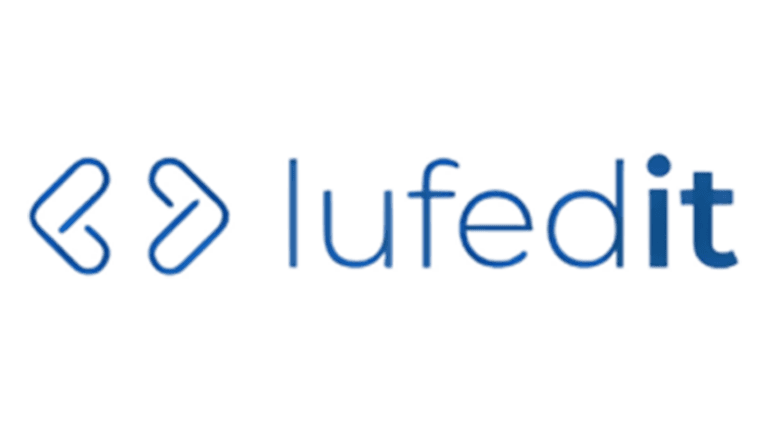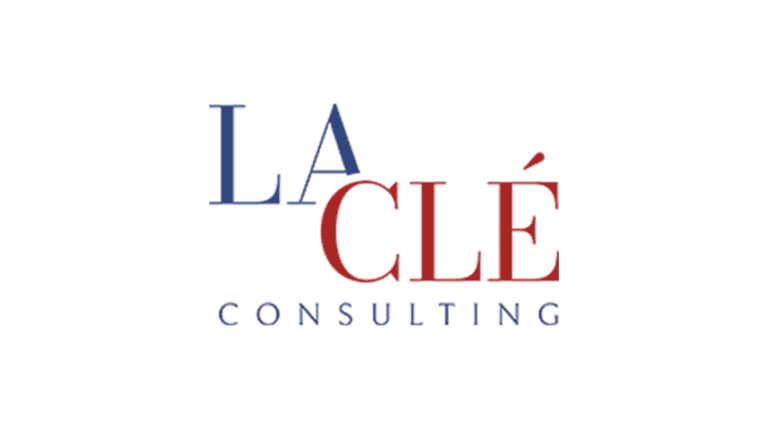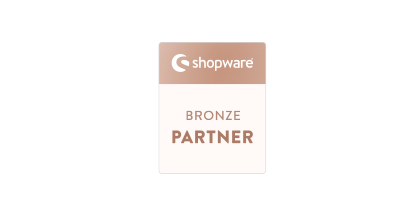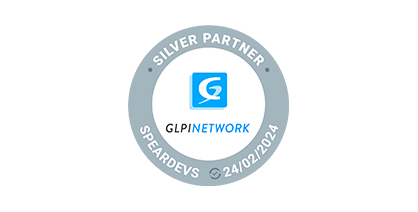As of July 2024, Shopware officially ended support for Shopware 5. This means no more security updates, bug fixes, or new features from the developers. Continuing to run your online store on this outdated platform exposes your business to several serious risks.
This article delves into these risks, providing technical insights and business implications of Shopware 5 end-of-life (EOL).
Shopware 5 end of official support
With the end of official support in July 2024, Shopware 5 no longer receives updates, security patches, or technical assistance from its developers.
This discontinuation means that any newly discovered security flaws remain unaddressed, making your online store vulnerable to security breaches. Using unsupported software not only exposes your business to potential cyber threats but also complicates compliance with evolving industry standards and regulations.
What’s more, without official support, resolving technical issues becomes more challenging. Businesses must rely on external agencies or in-house teams, which may lack the comprehensive knowledge base previously provided by Shopware.
Shopware 5 security vulnerabilities and increased maintenance costs
Continuing to use Shopware 5 in 2025 introduces significant security risks and escalates maintenance expenses. Let’s take a closer look at some of them.
Growing security concerns
Without ongoing security patches, any unsupported platform (like Shopware 5) becomes a prime target for cyberattacks. Hackers often exploit known security flaws in outdated systems, which can result in data breaches, loss of customer trust, and legal consequences.
Without regular security updates, Shopware 5 becomes susceptible to exploits such as SQL injection, cross-site scripting (XSS), and remote code execution.
For instance, previous versions of Shopware had vulnerabilities such as improper mail validation in the registration process. A remote attacker can construct different mail addresses, that in the end result in the same address, which is shared by multiple accounts.
While these issues were fixed during the support period, any new security vulnerabilities discovered after the end of support remain unpatched, increasing the risk to your e-commerce platform.
Escalating maintenance expenses
Maintaining an unsupported platform requires custom development to resolve issues and implement security measures. This type of custom maintenance work is often more expensive than the regular updates provided during the official support period.
Furthermore, as the number of developers familiar with the Shopware 5 platform decreases, finding qualified specialists becomes increasingly difficult, which further increases the cost of ownership.
Reports indicate that annual maintenance expenses for outdated platforms can increase by 15%, with companies spending significantly more on IT support compared to those using modern, supported systems.
Compatibility challenges with modern technologies
Shopware 5’s dependence on older technologies leads to compatibility issues with newer server components such as PHP and MySQL. As PHP evolves, older versions become obsolete and may no longer receive security updates.
For example, official support for PHP 7.4 ended in November 2022. Continuing to run Shopware 5 may require hosting environments to maintain outdated PHP versions, which can be both costly and insecure.
Over time, hosting providers may discontinue support for these older technologies, which may cause disruptions in the functionality of your online store.
Technological obsolescence and limited functionality
Shopware 5, introduced in 2015, faces challenges associated with technological obsolescence, impacting its functionality and competitiveness.
Accumulated technical debt
Over nearly a decade, Shopware 5 has accumulated technical debt, making it less adaptable to current e-commerce demands. The platform’s architecture may not support modern features, leading to performance bottlenecks and scalability issues. This technical debt makes it difficult to implement new features, which impacts the overall user experience.
Absence of modern features
Many modern e-commerce features, such as advanced promotional tools and third-party integrations, are insufficiently or not fully (or even at all) supported in Shopware 5. In contrast, Shopware 6 offers these features natively, enhancing operational efficiency and customer engagement. Relying on Shopware 5 may require extensive development work to include these functionalities. As a result, costs increase and implementation times are longer.
Plugin reliability issues
The Shopware 5 ecosystem includes numerous plugins to extend its capabilities. However, with the platform’s end of life, many plugin developers have ceased updates and support for their extensions. This situation leads to compatibility issues, potential security vulnerabilities, and unreliable performance, further complicating store maintenance and operation.
Declining community and third-party support
The discontinuation of Shopware 5 has led to a decline in community engagement and third-party support, affecting various aspects of store operation.
Reduced development community
As developers shift focus to newer platforms like Shopware 6, the community around Shopware 5 continues to shrink. This reduction means fewer shared resources, tutorials, and community-driven solutions, making problem-solving more challenging for store owners remaining on the outdated platform.
Increased labor costs
The shortage of developers familiar with Shopware 5 may lead to higher labor costs. New developers are less likely to learn an outdated system, and experienced professionals may command higher rates due to their specialized knowledge. This situation can strain budgets and make it difficult to resolve technical issues on time.
Declining plugin and extension support
Many agencies and developers have discontinued support for Shopware 5 plugins and extensions. This lack of support results in outdated, incompatible, or insecure add-ons, limiting the ability to enhance or customize your online store effectively.
Compliance challenges
E-commerce regulations and standards are continually evolving. Shopware 5 will not receive updates to comply with new requirements. According to IBM’s 2024 report, the average cost of a data breach is $4.88 million, factoring in fines, legal fees, loss of customer trust, and recovery efforts.
Compliance challenges with PCI DSS v4.0
The Payment Card Industry Data Security Standard (PCI DSS) is a set of security standards designed to ensure that all companies processing, storing, or transmitting credit card information maintain a secure environment.
Version 4.0 of PCI DSS introduces new requirements aimed at enhancing security measures, including stricter authentication protocols and more robust encryption standards. Compliance with these standards is mandatory for businesses handling cardholder data.
Operating on an unsupported platform like Shopware 5, which lacks the necessary updates to meet these new requirements, can result in non-compliance. This not only exposes your business to security risks but also to potential fines, legal repercussions, and loss of the ability to process credit card payments.
GDPR compliance risks
For businesses subject to regulatory requirements, especially regarding data protection like the General Data Protection Regulation (GDPR) in Europe, operating on unsupported software like Shopware 5 can lead to compliance issues.
The GDPR mandates strict guidelines on how personal data is collected, processed, and stored. Without regular updates and security patches, ensuring compliance becomes challenging, potentially resulting in legal and financial repercussions.
Conclusion
Continuing to operate on the Shopware 5 platform in 2025 involves significant risks, including security gaps, increased maintenance costs, technology obsolescence, and reduced support from the community and service providers.
To secure your e-commerce business, it is essential to plan and execute a migration to a supported platform (e.g. Shopware 6), ensuring continued security, functionality, and competitiveness.
GET IN TOUCH
Don’t let outdated technology hold your business back
Upgrade from Shopware 5 to protect your business. Start your migration to Shopware 6 (or other platform) today!


